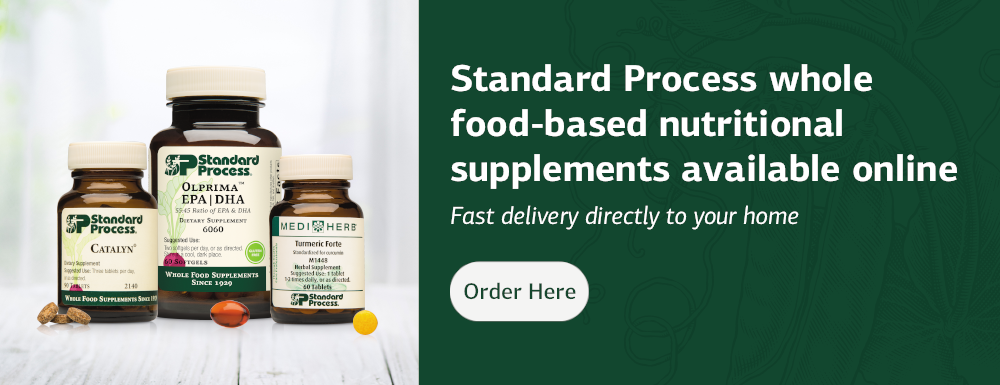Many women struggle with fertility but prefer to try a natural approach to increase their chances of pregnancy. Working to lower your stress levels, eating a balanced diet, and getting more rest will go a long way toward helping most women conceive.
However, you can also turn to certain herbal supplements to help prepare your body for conception. The following are six herbs that have a long history of use as fertility boosters.
1. Red Raspberry Leaves
Raspberries themselves are delicious, but it’s the leaves that are known to have medicinal properties. They are high in tannin, which is a compound that helps ease inflammation, such as inflammation in the uterus that may make it hard to become pregnant. The leaves are also said to help increase progesterone levels, which can help encourage embryos to implant in the uterine wall.
Red raspberry leaves are typically steeped into a tea. Consume several cups of this tea per day, according to the recommendations of your practitioner.
2. Red Clover
Red clover is very high in calcium and magnesium – two minerals that can help improve your chances of conception. It may also help balance the pH levels in your uterus, making it a more hospitable environment for developing embryos. Like red raspberry leaves, red clover is often consumed as a tea.
3. Milk Thistle
Milk thistle is known for its cleansing properties. It stimulates the liver to cleanse and renew itself, which may in turn increase your fertility. Milk thistle is especially helpful for women with insulin resistance, PCOS, and type II diabetes. You can continue taking it once you are pregnant as it helps ensure a healthy milk production for your baby. Men can also take milk thistle to aid in fertility.
4. Motherwort
Stress and a lack of relaxation can have a negative impact on your fertility. Motherwort is an herb that can help relax your body and mind, which can increase your chances of becoming pregnant. It is usually sold as a tincture, which you can take as needed when trying to conceive.
5. Chasteberry
Chasteberry, which is also known as Vitex Agnus-Cactus, is thought to encourage healthy function of the pituitary gland. In doing so, it promotes a healthier balance of female hormones, which can help increase your chances of becoming pregnant. It is exceptionally helpful for women who have missing or irregular periods, low progesterone levels, estrogen dominance, or PCOS.
Chasteberry can render birth control pills inactive, so do not start taking it until you have stopped taking birth control and are ready to become pregnant. Many women are able to become pregnant within a few months of taking chasteberry regularly, but you can keep taking it for up to a year and a half if needed.
6. Maca
Maca is a root that some consider to be more of a food than an herb. Regardless of how it is classified, however, maca is a helpful addition to many natural fertility programs.
It can help nourish your endocrine system to promote balanced hormone levels, increase cervical mucous production, and increase your energy levels. Maca may also help encourage follicles to mature in the ovaries, which is encouraging for women who do not ovulate regularly.
Men can also benefit from eating maca when trying to conceive, as it is thought to boost erectile function and increase sperm motility.
Herbal supplements can be incredibly helpful when trying to increase your fertility by natural means. To learn more about these and other herbal supplements for fertility, contact the experts at Palmetto Acupuncture and Holistic Health Center.

